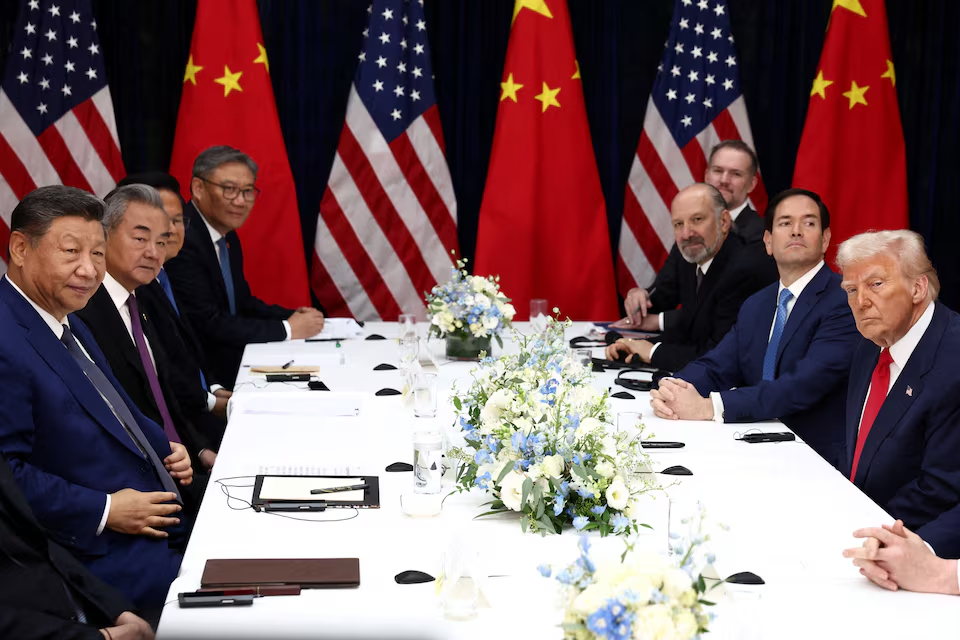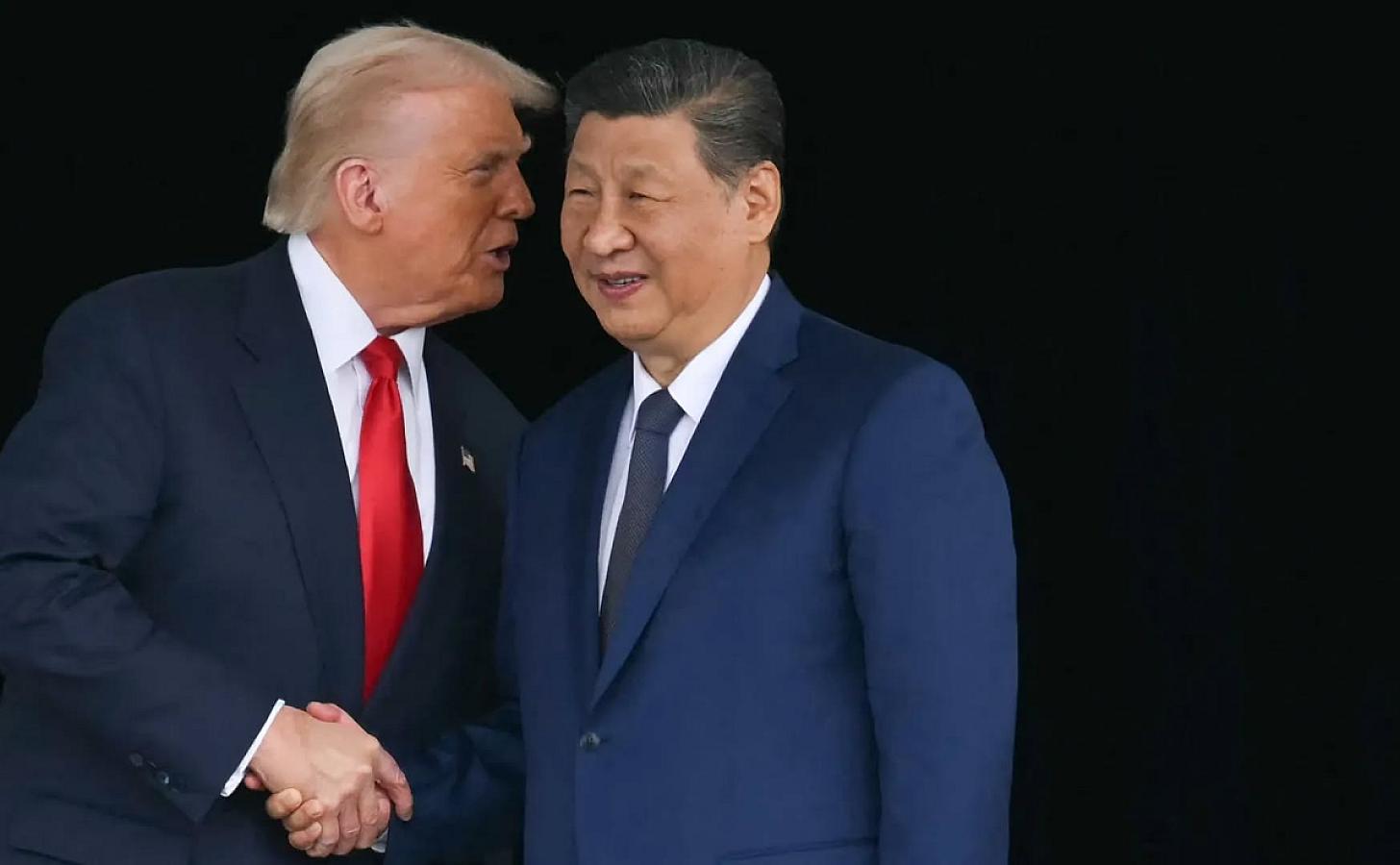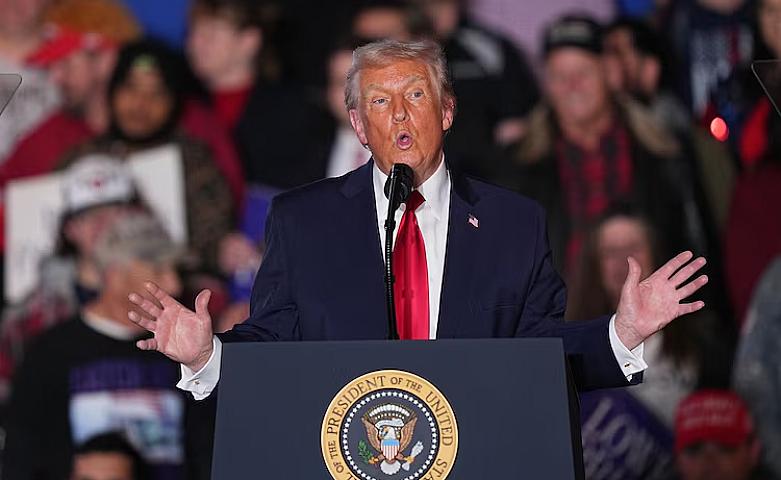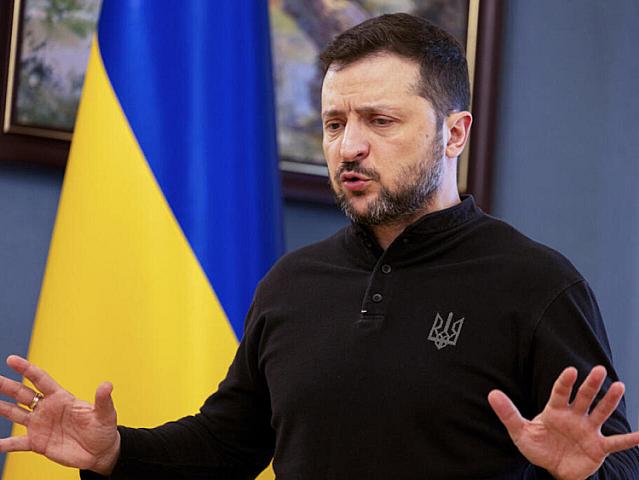On October 30, a meeting was held in Busan, South Korea, between U.S. President Donald Trump and the President of the People's Republic of China, Xi Jinping.

Aqshin Karimov, an employee of the Social Research Center, told Medianews.az that the talks between Trump and Xi arose from the necessity to relatively stabilize the international and regional risks caused by the geopolitical rivalry between the U.S. and China: “Therefore, the U.S. and China put managing this rivalry as a critical goal. The leaders' approach is more aimed at defining the scope of action between the U.S. and China based on a temporary deal.
Although there are hopes that the U.S. and China will find stabilization mechanisms that define the boundaries of competition through cooperation, the strategic rivalry between the parties is not far from the possibility of escalating mainly in Asia. Considering that recently, as a result of the U.S. diplomatic activity, China appears to be squeezed out of the processes in the Middle East, then Beijing may play another card against its rival in Asia.
Furthermore, even if Washington sends a “green light” for intervention in Taiwan to Beijing, the White House will view this as an act that could create difficulties in containing its rival in the future.”

According to A. Karimov, the U.S. and China both share a similar mindset that can control Russia’s ambitions: “However, China’s efforts to contain Russia differ, and the U.S. strategy relies on a different logic.
While Washington and Beijing are awaiting the outcomes of the war in Ukraine, they are also calculating in what form these logics might undergo changes. In contrast to the U.S., Russia cannot adopt a harsh position against its “ally” China.
It seems that Russia is trying to clarify China’s goals and align its interests more with the results of the military campaign in Ukraine.”
A. Karimov noted that when speaking about the results of the U.S.-China talks, we can look at the content of the settlement application between the South Caucasus and Central Asia regions: “It can be assumed that the U.S. and China have created a cooperation example on the South Caucasus Trump Route for International Peace and Prosperity (Zangezur corridor), and they want to intensify it and strengthen the corridor’s character in Central Asia.
China’s lack of a harsh stance against the Trump Route for International Peace and Prosperity can indicate its trust in U.S. participation in the project involving Azerbaijan. In this sense, if the South Caucasus was on the discussion table in the nearly 2-hour meeting between Trump and Xi, then Beijing has shown that it is not in favor of rejecting U.S. participation and its goals in the South Caucasus; the Zangezur corridor has been conveyed by the leaders as a component stimulating gradual rapprochement between the U.S. and China.”
Toğrul Ali,
Medianews.az







